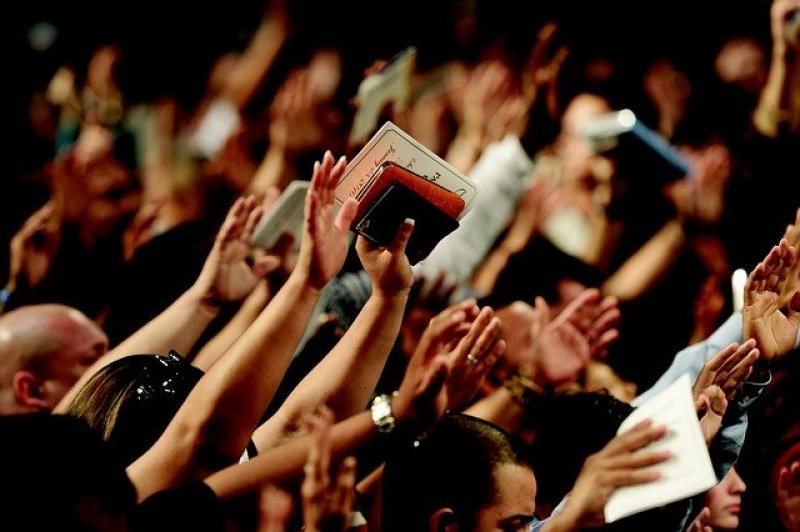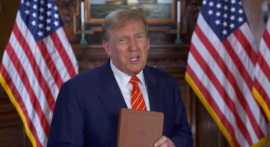
The South Carolina Senate subcommittee approved a bill last week that assures churches will remain open during a pandemic.
Crux Now reported that the bill was passed last March by the House and will now be forwarded to the Senate Judiciary Committee. Once approved, the bill will allow believers to meet in person in any South Carolina church during a pandemic or state-declared emergency provided that other essential businesses are allowed to operate.
The Associated Press said the bill was passed with a 73-39 vote. It reclassifies churches and other religious organizations as "essential services during a state of emergency." The bill, however, does not exempt churches from following the safety protocols and the occupancy rules set during state emergencies.
Representative John McCravy affirmed with the Associated Press that the bill makes churches of "even footing" with other businesses that are considered "essential" during state emergencies.
"This just allows a church to be on an even footing--a religious organization to be on a an even footing with all other businesses deemed to be essential services," McCravy said.
South Carolina never closed churches during the pandemic even when businesses were closed in 2020 when the pandemic was starting. Governor Henry McMaster opposed church closures for it would be a violation of religious freedom as stated in the United States Constitution. As such, the bill intends to ensure that such a church closure will not happen in the state unlike those experienced in other states.
"South Carolina never restricted services at Churches, Synagogues or Houses of Worship. President
@realdonaldtrump is right. Prayer and worship is healthy and constitutionally protected, pandemic or not," McMaster said on May 23, 2020 in Twitter.
Churches in South Carolina-like the Episcopal Churches--opted to suspend public gatherings and in-person worship. Many followed the trend of providing online services despite churches allowed for in-person worship.
Churches, as per a report, experienced a rise in tithes collection during the pandemic despite projections made by leaders that churches would collapse. Many resisted going online for services since it meant no in-person attendance but persisted since more donations reportedly came in from those who participated online.
Alongside allowing churches to be open for in-person worship, South Carolina did not implement any masking mandate. The state also opposed President Joe Biden's vaccination mandate by filing a lawsuit against it.
According to the draft, the bill is an amendment of the South Carolina Code of Laws Title 1 Chapter 32 that pertain to the "Religious Freedom Act." The bill's amendments were introduced by a group of legislators led by Representative Richard Yow on March 11, 2021 with the aim of restoring the "free exercise of religion."
"If a person's exercise of religion or a religious organization's ability to operate during a state of emergency has been burdened in violation of this chapter, the person may assert the violation as a claim or defense in a judicial proceeding. If the person prevails in such a proceeding, the court shall award attorney's fees and costs. A religious organization also may seek declaratory and injunctive relief and compensatory damages for pecuniary and nonpecuniary losses," the bill said.
Democrats like Representative Gilda Cobb-Hunter during floor discussion opposed the bill for being unnecessary. Democrats said that the constitution already provides for such protection. They raised that church members may end up not taking the necessary precautions during state emergencies, such that they endanger themselves.

















